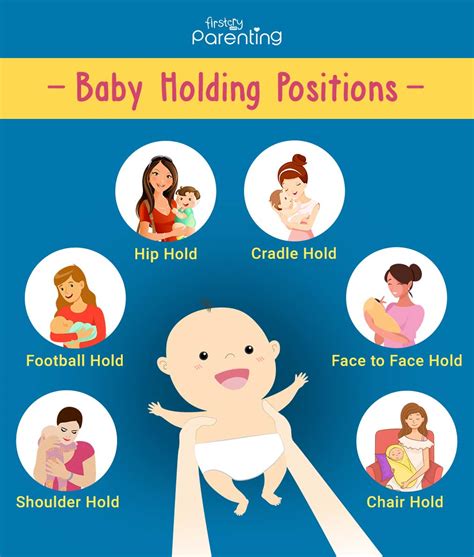Introduction
If your period is late and you’re experiencing PMS-like symptoms, it can be confusing and frustrating. On the one hand, you might be hoping that you’re pregnant. On the other hand, you might be worried that something is wrong.

The good news is that most of the time, a late period and PMS symptoms are not a sign of anything serious. In fact, it’s quite common for women to experience these symptoms from time to time.
However, there are some cases where a late period and PMS symptoms can be a sign of an underlying medical condition. That’s why it’s important to see your doctor if you’re concerned about your symptoms.
What Causes Late Periods and PMS Symptoms?
There are many different factors that can cause late periods and PMS symptoms. Some of the most common causes include:
- Stress: Stress can wreak havoc on your hormones, which can lead to a late period and PMS symptoms.
- Diet: Eating a diet that is high in processed foods, sugar, and unhealthy fats can also disrupt your hormones and lead to PMS symptoms.
- Exercise: Excessive exercise can also lead to a late period and PMS symptoms.
- Medications: Some medications, such as birth control pills and antidepressants, can also cause late periods and PMS symptoms.
- Medical conditions: Some medical conditions, such as polycystic ovary syndrome (PCOS) and thyroid problems, can also cause late periods and PMS symptoms.
How to Tell the Difference Between PMS and Pregnancy
If you’re experiencing a late period and PMS symptoms, it can be difficult to tell if you’re pregnant or not. However, there are some key differences between the two.
PMS symptoms typically include:
- Bloating
- Cramps
- Mood swings
- Fatigue
- Headaches
- Acne
- Breast tenderness
Pregnancy symptoms typically include:
- Nausea
- Vomiting
- Fatigue
- Frequent urination
- Darkening of the nipples
- Breast tenderness
- Food cravings
- Food aversions
If you’re not sure whether you’re pregnant or not, it’s important to take a pregnancy test. Pregnancy tests are available at most pharmacies and can be used to detect pregnancy hormone levels in your urine.
What If My Pregnancy Test Is Negative?
If you take a pregnancy test and it comes back negative, it doesn’t necessarily mean that you’re not pregnant. In some cases, it may take several days or even weeks for pregnancy hormone levels to build up enough to be detected by a pregnancy test.
If you’re still concerned that you might be pregnant, even if your pregnancy test is negative, it’s important to see your doctor. Your doctor can order a blood test to confirm whether or not you’re pregnant.
When to See a Doctor
It’s important to see your doctor if you’re experiencing a late period and PMS symptoms, especially if you’re concerned that you might be pregnant. Your doctor can help to rule out any underlying medical conditions and recommend treatment options for your symptoms.
Conclusion
If you’re experiencing a late period and PMS symptoms, it’s important to remember that you’re not alone. Many women experience these symptoms from time to time. However, if you’re concerned about your symptoms, it’s important to see your doctor.
















